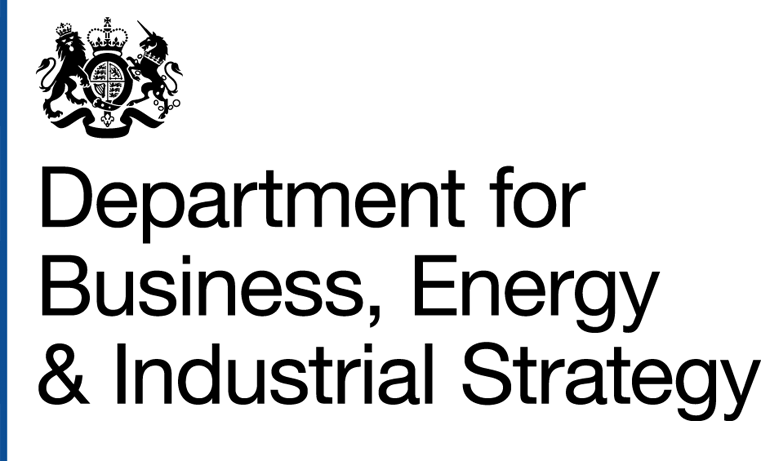 More than 200,000 workers who were paid less than the minimum wage have been identified following a record government clampdown
More than 200,000 workers who were paid less than the minimum wage have been identified following a record government clampdownThe announcement comes after the Prime Minister commissioned Matthew Taylor, the Chief Executive of the Royal Society of Arts, in October 2016 to look at how employment practices need to change in order to keep pace with modern business models.
The team behind the Taylor Review into Modern Employment Practices announced they will travel the country, talking to employees and employers about the UK’s labour market.
In particular, the regional tour will visit areas including Maidstone, Coventry and Glasgow, speaking to workers and employers working in sectors such as the gig and rural economies and manufacturing, to fully understand the impact of modern working practices and how different labour markets work.
Three expert panel members have been appointed to support the 6 month review, bringing together expertise in the labour market, start-up businesses and public policy areas. The panel members announced today are:
- Paul Broadbent
- Greg Marsh
- Diane Nicol
Matthew Taylor said:
“I am delighted to announce the other members of the review team; they bring a wealth of experience and insight to our work. We have a lot of research and policy to discuss but the most important part of our process is getting out and about to talk to businesses and workers across Britain about their experiences of modern work.
“As well as making specific recommendations I hope the review will promote a national conversation and explore how we can all contribute to work that provides opportunity, fairness and dignity.”
The review will consider the implications of new forms of work on worker rights and responsibilities – as well as on employer freedoms and obligations.
With 15% of those working in the UK’s labour market now self-employed, there has been a rise in the number of people doing ‘gig’ work – short-term, casual work that is increasingly sought by people through mobile phone apps when they want to work. These roles can include driving, delivering items and DIY tasks.
The explosion of ‘disruptive’ businesses – where new ways of working and technology come together to create new products and services to better meet consumer demand – is also leading to a change in working practices.
The Department for Business, Energy and Industrial Strategy is also to launch a research project into the scale of the gig economy – the first piece of government-commissioned research into the practice. The project will also look at the motivations of people engaging in ‘gig’ work.
Business Minister Margot James said:
“The Taylor review is a hugely important step towards us ensuring fairness for everyone in work. Helping us to understand what impact modern employment practices have on workers will inform our forthcoming industrial strategy and also help us ensure our labour market and wider economy works for everyone.
“We recognise the importance of being open to new and innovative ways of working – and having a skilled and flexible workforce is part of what makes the UK an attractive place to do business. But it is also crucial that workers receive a decent wage and that people working in all sorts of jobs are able to benefit from the right balance of flexibility, rights, and protections.”
The government is determined to create an economy that works for all, not just the privileged few. On Tuesday (29 November 2016), a green paper on reforming corporate governance was launched to ensure there is greater representation for workers and consumers in the boardrooms of Britain’s biggest businesses. The forthcoming industrial strategy will build on our economy’s strengths and look ahead to creating an environment where emerging industries such as disruptive businesses can flourish – with workers at the heart of this.
Join Over 40,000 Recruiters. Get our latest articles weekly, all FREE – SEND ME ARTICLES
Recruiters love this COMPLETE set of Accredited Recruitment & HR Training – View Training Brochure








